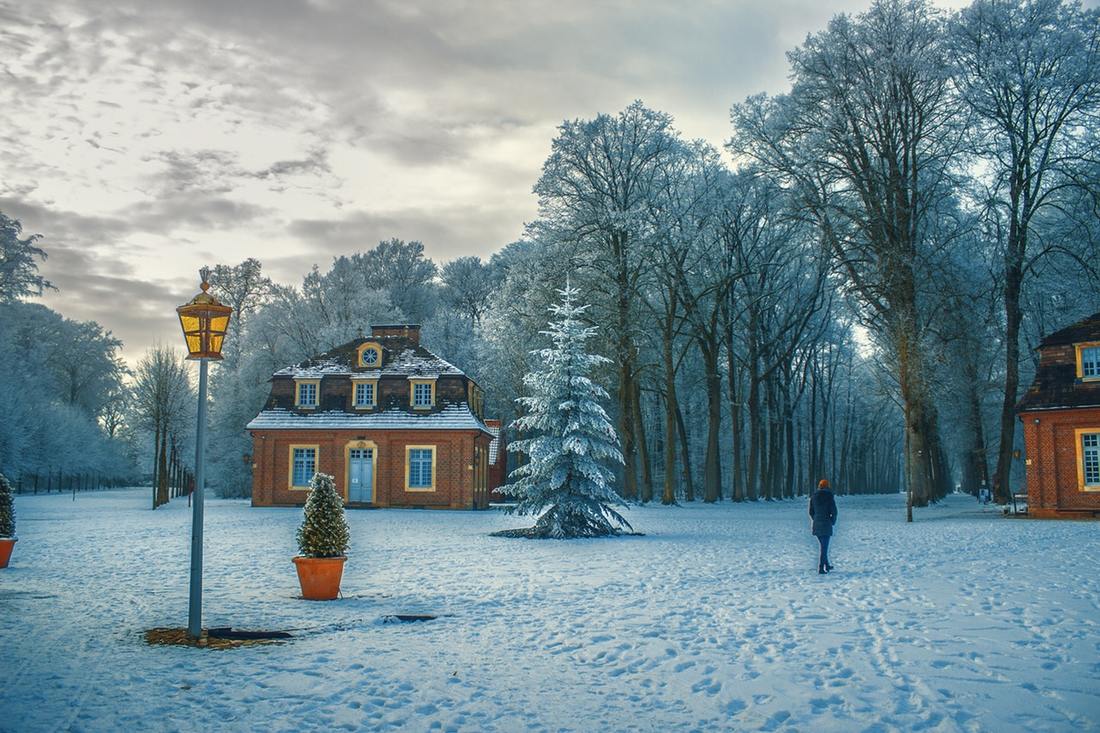Inside
- Pipes in your home can easily freeze and break when they become too cold. To protect your pipes, cover them with insulation sleeves and leave the doors of cabinets that contain pipes open. Keeping a small trickle of water running from your faucets helps to keep the water flowing in your pipes. All of these measures can help you avoid costly repairs.
- Keep a sturdy, weather-resistant mat in your entryway to catch snow and ice when anyone enters your home. This will help to prevent snow and salt from damaging your floors.
- If the area where you live is prone to winter storms, consider purchasing a generator and keep it in a well-ventilated area that is covered from any elements such as a shed. Having a generator on hand can come in handy in case of power loss.
- Seal any air leaks within your home to prevent heat loss and save money on energy costs.
Outside
- Clean your gutters to prevent water from backing up and freezing. Also check downspouts to ensure water will be directed away from your home.
- Have a look at your home's exterior and check for tiles, shutters, and siding that need to be repaired. Winter storms can damage roof tiles and siding and expose your home to damage that can be expensive to fix.
- Trim any tree branches that are near your home as overgrown branches are at risk of falling, snapping, and damaging homes, cars, and even people.
- Avoid ice dams by keeping your attic cold and close to the temperature outside. Ice dams are ridges of ice that can form at the edges of roofs. They prevent melting snow from draining off the roof and the water that backs up can leak into a home and cause damage to many areas of the home, including walls and ceilings.

